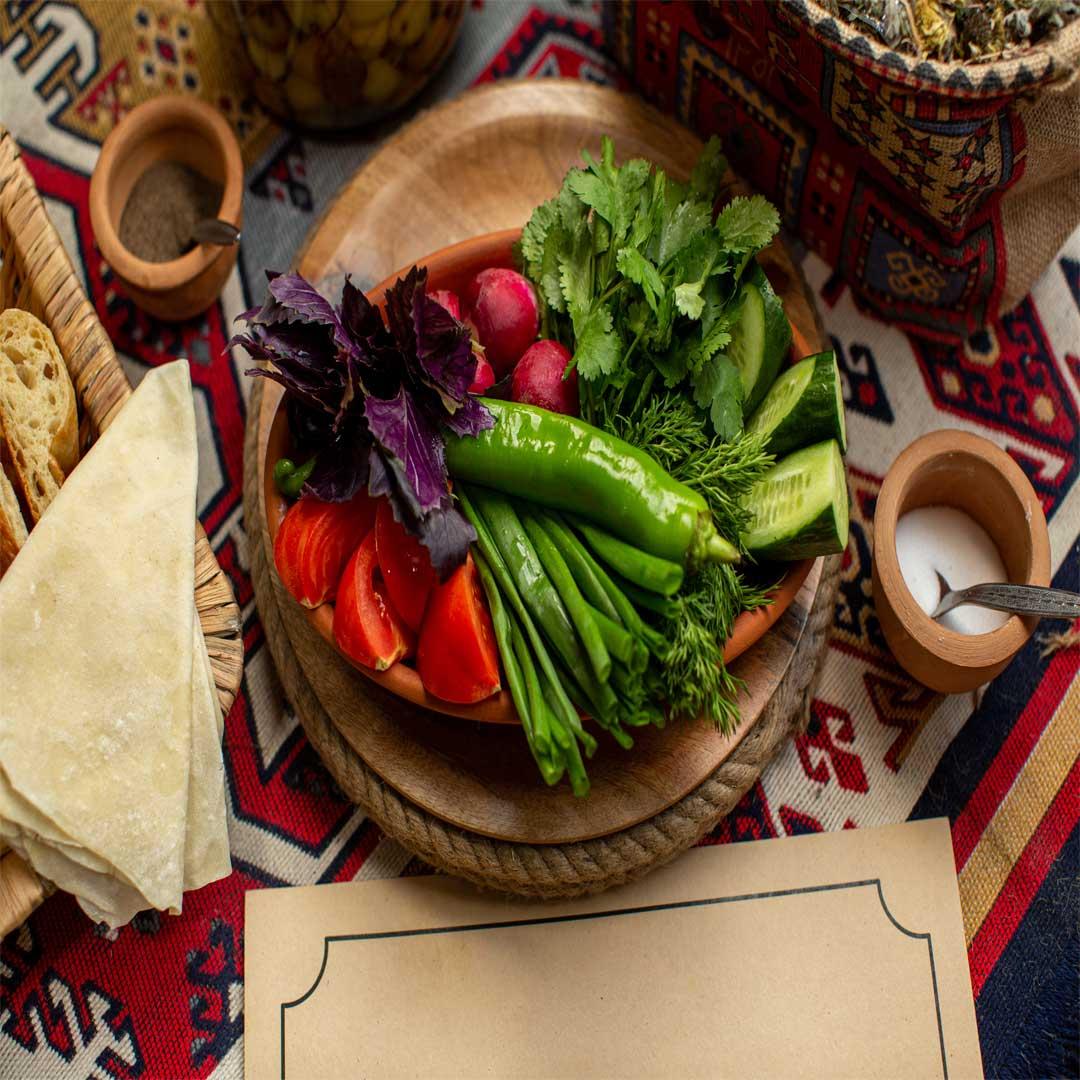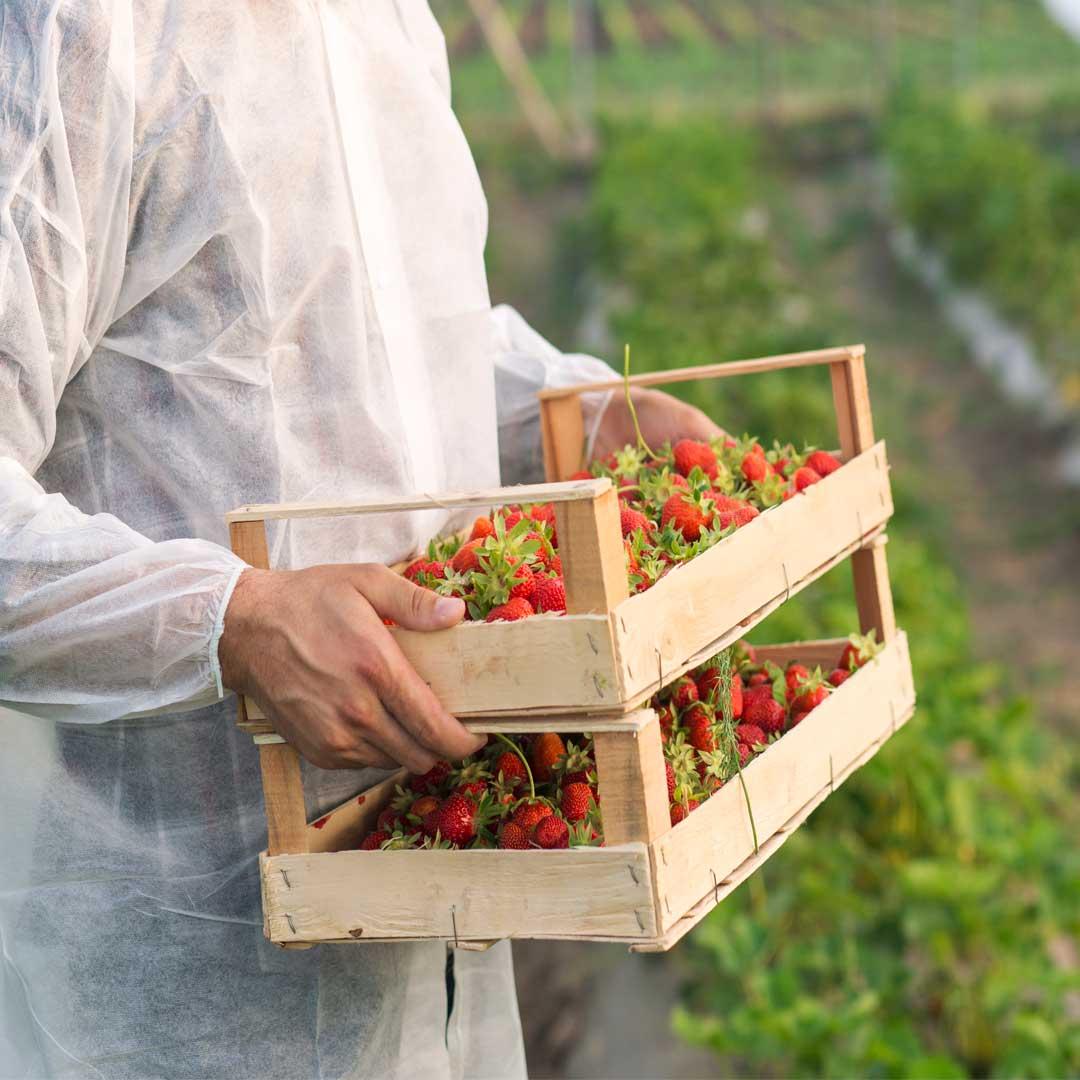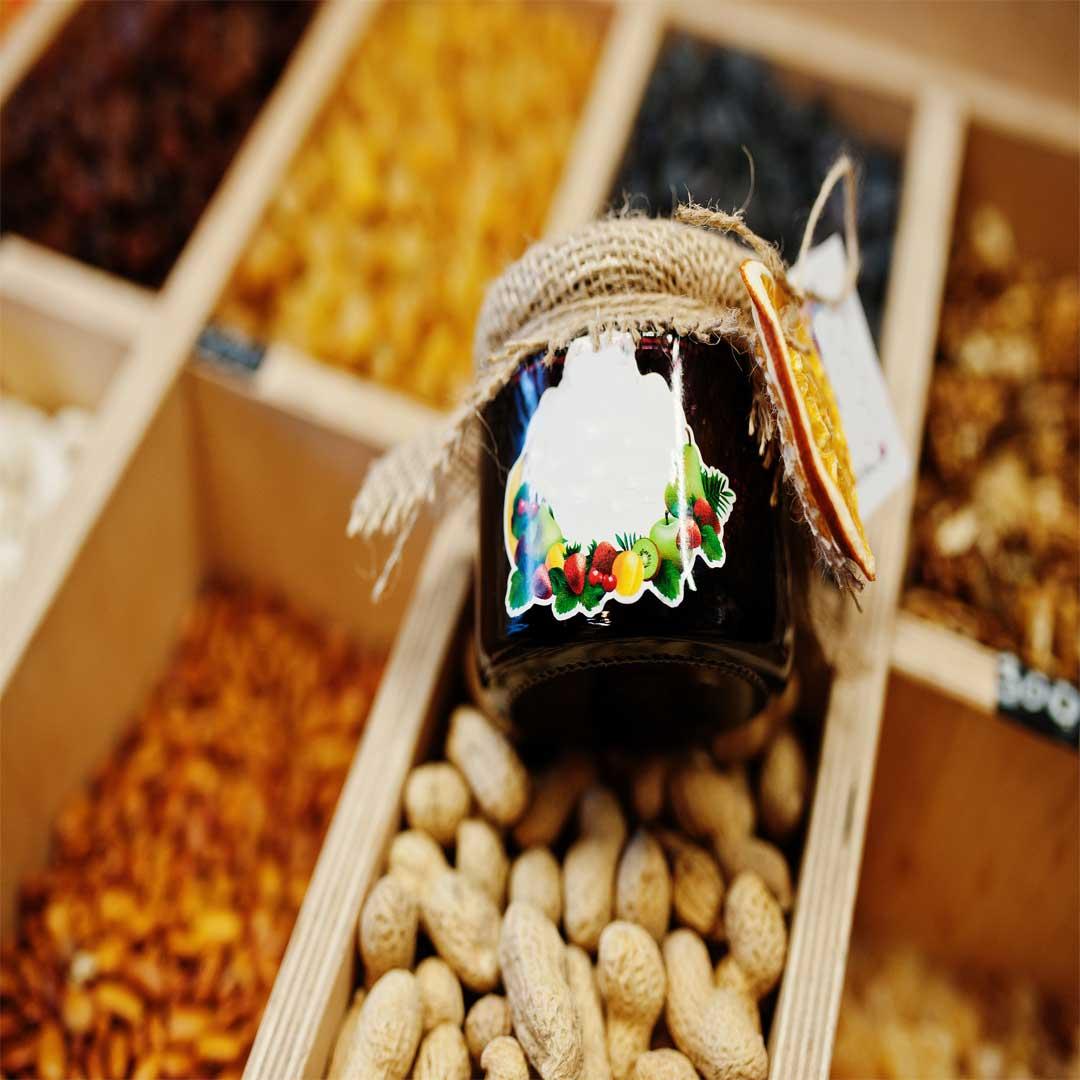France is a major EU market with high demand for premium, natural, and exotic foods. Iran exports pistachios, saffron, d...
Iran–Kuwait Agricultural Exports: Boosting Trade Through B2B Platform
Export of Iranian Agricultural and Food to Kuwait
Iran is one of the leading producers of agricultural and food products in the Middle East. Thanks to its diverse climate, fertile soil, and skilled workforce, the country possesses great potential for agricultural exports to neighboring countries. Among these, Kuwait stands out as a key destination for Iranian exports. With its import-dependent economy, small population, high purchasing power, and growing demand for fresh and healthy products, Kuwait represents a valuable target market for Iranian producers and exporters.
Iran–Kuwait Trade in the Agricultural Sector
In recent years, non-oil trade between Iran and Kuwait has grown significantly. According to UN Comtrade and Tehran Times, Iran’s non-oil exports to Kuwait reached around USD 214 million in 2024, showing a 34% increase compared to the previous year. A substantial share of this value comes from agricultural and food products, which cover a wide range of goods.
Major Iranian Agricultural and Food Exports to Kuwait
| Product | Description |
|---|---|
| Dates | The most popular Iranian export in the Kuwaiti market, especially during Ramadan. Premium varieties such as Mazafati, Kabkab, and Shahani have strong demand. |
| Saffron | A high-value premium product from Iran, exported in luxury packaging and used widely in Kuwaiti households and restaurants. |
| Pistachios and Nuts | Known for their taste and quality, Iranian pistachios remain a major export item. |
| Fresh Fruits and Vegetables | Including potatoes, tomatoes, onions, cucumbers, watermelons, pomegranates, and citrus fruits. |
| Processed and Dairy Products | Such as canned foods, pickles, fruit juices, yogurt, and cheese. |
| Natural Honey and Dried Fruits | Popular among Kuwaiti retailers and organic product distributors. |
Challenges and Opportunities
Despite its potential, Iran’s agricultural export sector still faces several challenges when entering the Kuwaiti market:
- Lack of standardized export packaging and labeling;
- Insufficient sanitary and phytosanitary certification;
- Heavy reliance on intermediaries instead of direct exporter–buyer relationships;
- Limited digital marketing and online visibility in regional markets.
However, increasing global food prices and Kuwait’s growing preference for direct imports from producers present promising opportunities for Iranian exporters willing to adopt modern trade approaches.
The Role of the Abrisham Road International B2B Platform
Among the recent developments that have supported Iran’s export growth, the Abrisham Road International Platform — Iran’s first specialized B2B export platform — has played a significant role in connecting Iranian producers with international buyers, particularly in the Gulf region and Kuwait.
1. Direct Access to Kuwatii Buyers
Abrisham Road enables verified Iranian suppliers to showcase their agricultural and food products (such as dates, saffron, pistachios, vegetables, and processed foods) in multilingual profiles (English–Arabic–Persian), allowing Kuwaiti importers to discover and contact them directly.
2. Digital Marketing and SEO Visibility
The platform uses search engine optimization (SEO) and targeted digital marketing to increase the visibility of Iranian products in Google searches and regional marketplaces, improving outreach and brand recognition.
3. Export Process Support
Abrisham Road provides additional services such as export consulting, packaging design, logistics coordination, and assistance in obtaining health and export certificates — essential for perishable goods like fruits and vegetables.
4. Transparency and Trust
All registered companies on the platform hold a Verified Seller status, including their legal information, export licenses, and product documentation. This builds trust and transparency for Kuwaiti buyers, who can trade confidently with Iranian exporters.
Conclusion
Exporting agricultural and food products to Kuwait is a strategic opportunity for Iran due to cultural similarities, geographic proximity, and high market demand. To strengthen this trade channel, Iranian exporters need to focus on quality improvement, international packaging standards, and active participation in digital B2B marketplaces.
In this context, the Abrisham Road International Platform has become a transformative force in modernizing Iran’s export model — shifting it from traditional trade to a digital, transparent, and competitive B2B ecosystem. With continued adoption of such platforms and trade innovations, Iran’s share of agricultural exports to Kuwait is expected to grow significantly in the coming years.




